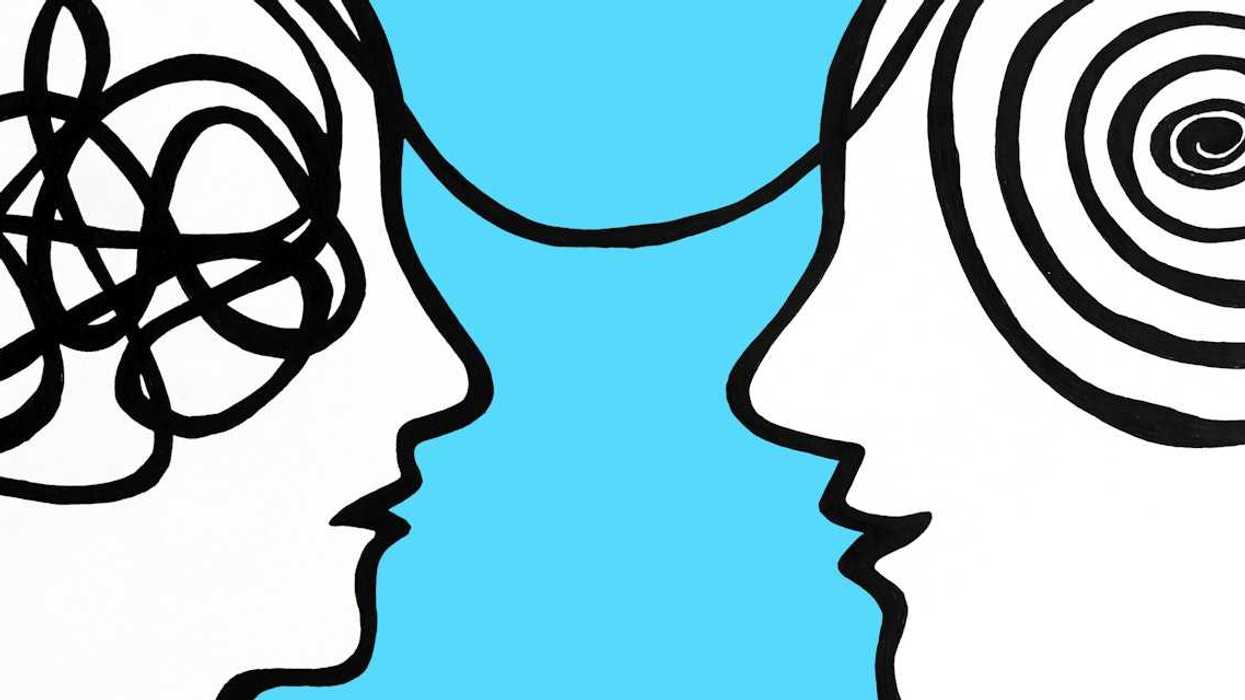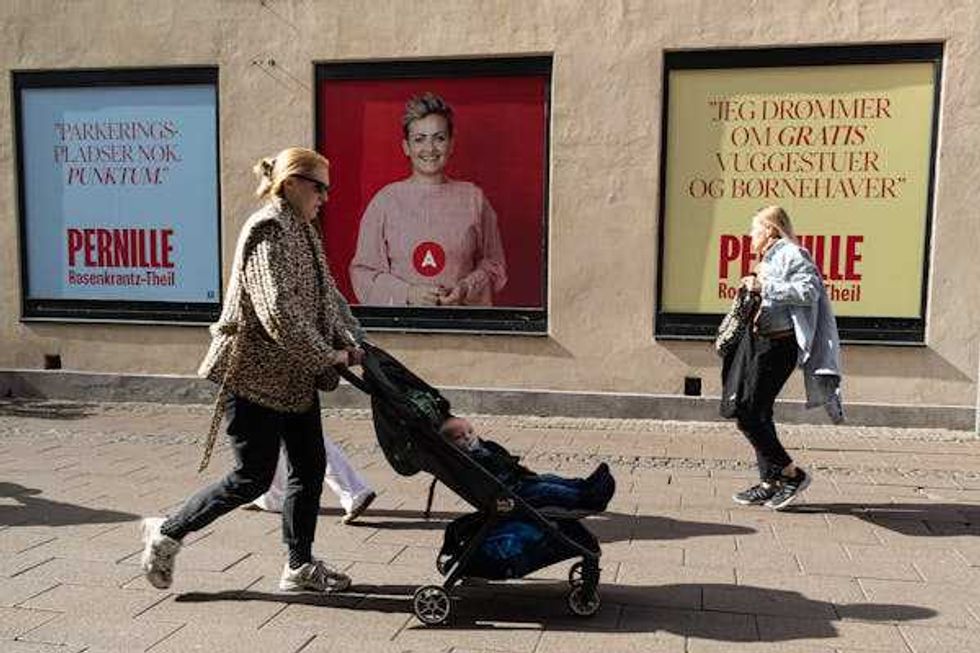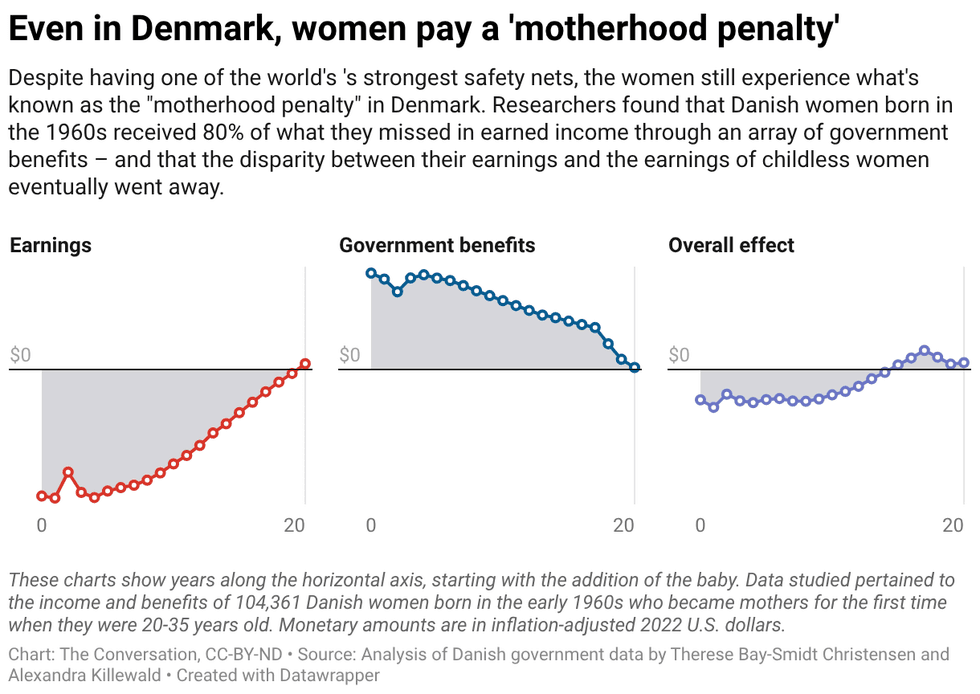For all the trolling of millennials that older generations of Americans do—with their jabs about avocado toast and participation trophies—a new study shows it’s not so easy out there for millennial women. In fact, their quality of life is worse than previous generations, according to a new study by the Population Reference Bureau.
“In some ways women are doing better today than they were during the WWII or the baby boom generation, but overall, there are areas in which progress has stalled and that has brought overall well-being down,” says Beth Jarosz, a senior research associate with the PRB. “Well-being for women of the millennial generation has actually declined relative to the prior generation.”
What does it mean that well-being for women has decreased? Well, the researchers measured 14 economic, social, and health indicators, including gender pay gap, educational attainment, maternal mortality, and poverty rate. They then aggregated those indicators and compared them across the generations. Baby boomer women’s well-being improved 66 percent compared to the WWII generation, then generation Xers improved upon the boomers by 2 percent, but millennials have actually regressed, scoring 1 percent lower than the gen Xers.
What’s really striking about the study is that for all the bashing of millennials, so many of their indicators that are outperforming older generations actually undermine those criticisms. Millennial women have lower high school dropout rates, more college degrees, lower teen pregnancy rates, and they smoke less. However, millennial women are more likely to be poor, have a higher maternal mortality rate, and have a higher suicide rate. And while millennial women are closing the gender pay gap, they still need to attain higher levels of education to earn what their male counterparts make.
One factor the PRB points to for this regression is rising income inequality. “Women’s stalled progress partly reflects growing inequality between women at the top and bottom of the economic ladder, as well as persistent racial/ethnic inequalities,” the authors wrote in the report.
While this all sounds like doom and gloom, the report’s authors argue that they hope this is a wake-up call indicating that women’s progress is stalling out and that people should start working on solutions to ensure that the millennial generation and women in the future don’t lose the gains previous generations have made.
















 The ‘motherhood penalty’ is largest in the first year after a mom’s first birth or adoption.
The ‘motherhood penalty’ is largest in the first year after a mom’s first birth or adoption. 

 As mayor of Stockton, Calif., Michael Tubbs ran a pioneering program that provided a basic income to a limited number of residents.
As mayor of Stockton, Calif., Michael Tubbs ran a pioneering program that provided a basic income to a limited number of residents. Martin Luther King Jr. believed Americans of different racial backgrounds could coalesce around shared economic interests.
Martin Luther King Jr. believed Americans of different racial backgrounds could coalesce around shared economic interests.




